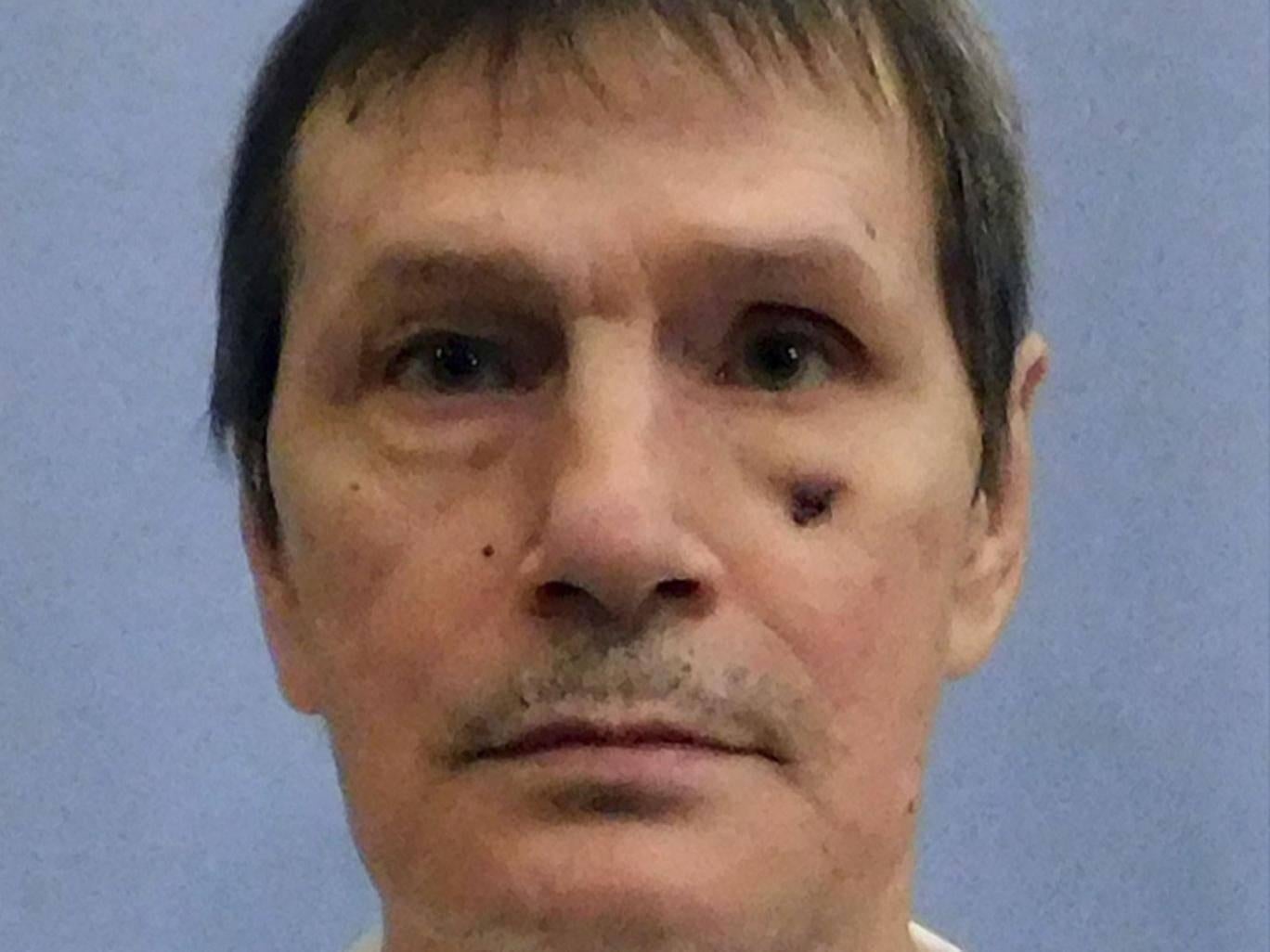Alabama inmate wished for death during botched execution, according to medical report
'This was clearly a botched execution that can only be accurately described as torture,' inmate's lawyer says

Your support helps us to tell the story
From reproductive rights to climate change to Big Tech, The Independent is on the ground when the story is developing. Whether it's investigating the financials of Elon Musk's pro-Trump PAC or producing our latest documentary, 'The A Word', which shines a light on the American women fighting for reproductive rights, we know how important it is to parse out the facts from the messaging.
At such a critical moment in US history, we need reporters on the ground. Your donation allows us to keep sending journalists to speak to both sides of the story.
The Independent is trusted by Americans across the entire political spectrum. And unlike many other quality news outlets, we choose not to lock Americans out of our reporting and analysis with paywalls. We believe quality journalism should be available to everyone, paid for by those who can afford it.
Your support makes all the difference.An Alabama death-row inmate who survived a failed execution attempt has said he wanted to die during the process to end the pain he was going through.
The state attempted to execute Doyle Lee Hamm by lethal injection last month, but halted the procedure just before midnight, when they were unable to kill him.
Hamm’s attorney, Bernard Harcourt, has claimed the execution was called off because medical staff were unable to find a vein in which to administer the lethal injection before the death warrant expired. A medical examination report filed by Mr Harcourt this week claims Hamm had at least 11 puncture wound on his body following the procedure.
Jeff Dunn, the commissioner of the Alabama Department of Corrections, originally claimed that medical staff stopped the execution because “they didn’t in their judgement think that they could obtain the appropriate veinous access before the warrant would expire”. He later claimed the sole reason for halting the execution was “the lateness of the hour”.
According to the medical report, conducted by Dr Mark Heath three days after the failed execution, Hamm recalled being stabbed repeatedly in his legs while the medical staff attempted to find a suitable vein. He said the execution team later moved to his groin in an attempt to find a vein. The procedure, he said, was extremely painful.
“During this time Mr Hamm began to hope that the doctor would succeed in obtaining IV access so that Mr Hamm could ‘get it over with’ because he preferred to die rather than to continue to experience the ongoing severe pain,” the report states.
The report adds that Hamm was shivering and trembling from fear, as well as from cold. Afterward, he told the doctor he had experienced nightmares and flashbacks to the execution.
“This was clearly a botched execution that can only be accurately described as torture,” Mr Harcourt said in a statement shortly after the procedure.
Bob Horton, a spokesperson for the Alabama Department of Corrections, said the department disagreed with the claim that Hamm was tortured. He declined to comment further on the allegations in the report.
Hamm was convicted of killing a hotel clerk in 1987 and has been imprisoned ever since. He was diagnosed with cancer in 2014. Mr Hancourt has argued that the disease caused his veins to shrink, making it impossible to carry out a human execution. The Alabama Attorney General's office has argued that the cancer is in remission.
Join our commenting forum
Join thought-provoking conversations, follow other Independent readers and see their replies
Comments